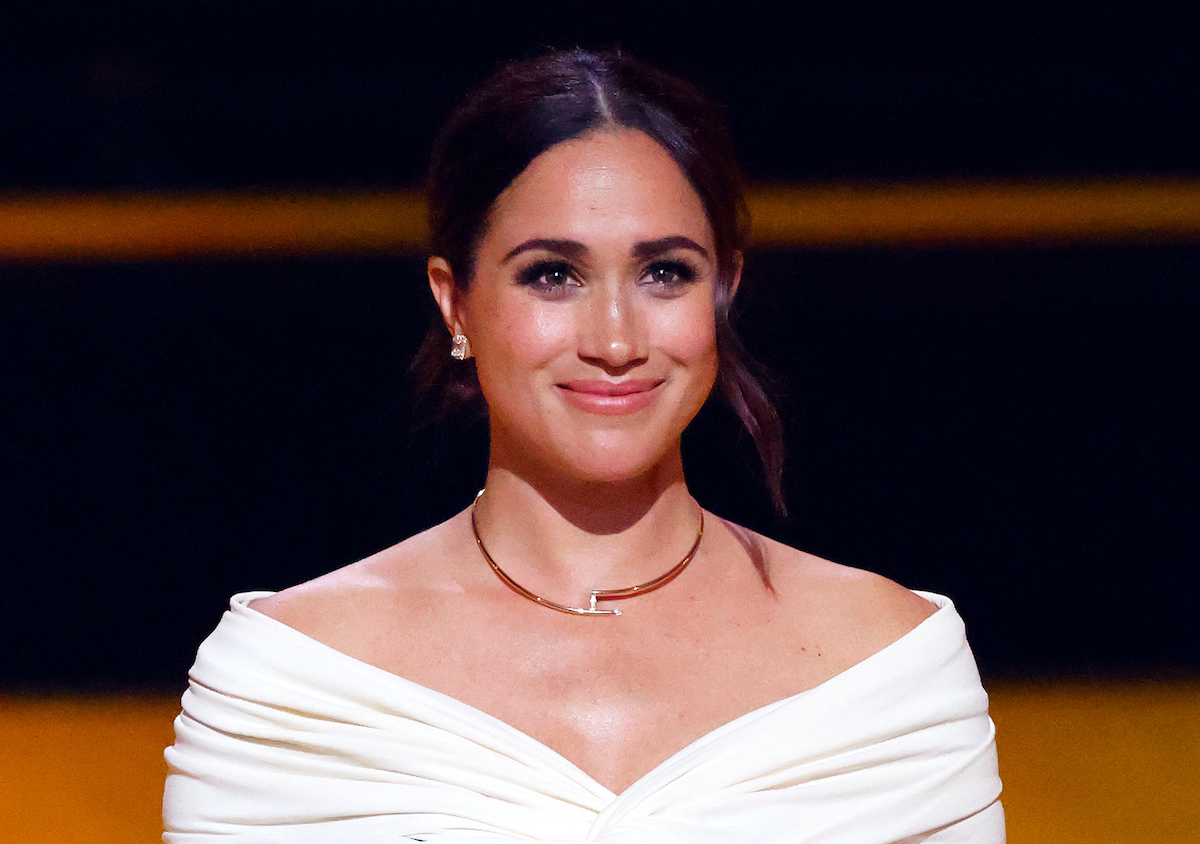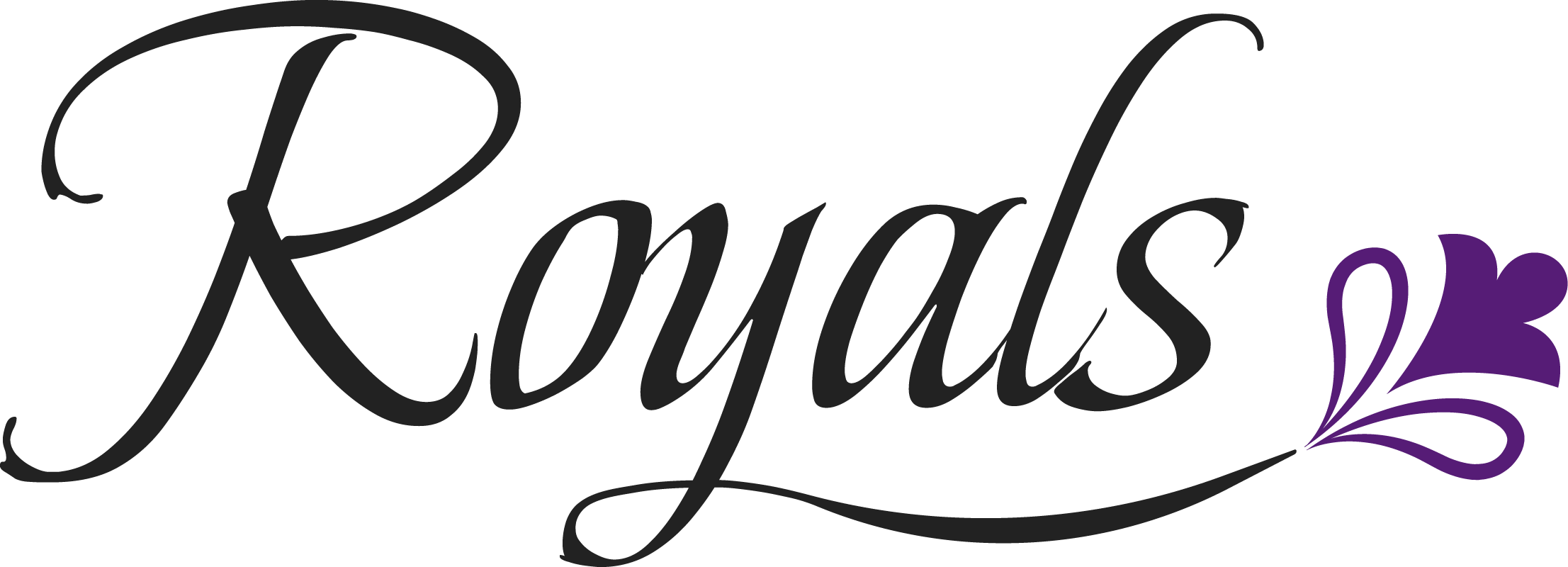
Meghan Markle Thinks Social Media Can be as Addictive as Drugs
Meghan Markle has been a strong voice in warning against the perils of social media and the damage that online trolls can do. In just 20 years, platforms like Instagram, Facebook, and Twitter have gone from a niche interest to an integral aspect of most people’s lives.

In a 2020 interview with Fortune Magazine, the Duchess of Sussex discussed quitting social media. Markle had previously been candid about the impact that being the most trolled person in 2019 had on her emotional well-being.
Meghan Markle deleted her social media accounts for self-preservation
Markle told Fortune’s associate editor, Emma Hinchliffe, in October 2020 at the magazine’s “Most Powerful Next Gen Summit” that she decided to delete her personal Instagram account in 2018 and let the staff handle the professional account she shared with Prince Harry out of a desire for “self-preservation.”
“For my own self-preservation, I have not been on social media for a very long time,” she said. “I had a personal account years ago, which I closed down.”
Markle quietly deleted her Instagram, Twitter, and Facebook accounts a few months after announcing her engagement to Prince Harry, where she had previously shared photos of her travels with friends and family, accomplishments at work, and hints about her romantic life.
Meghan Markle says social media obsession is as bad as drug addiction
The Duchess of Sussex continued by saying she has found it helpful to detach from social media since it is completely addictive. “I’ve made a personal choice to not have any account, so I don’t know what’s out there and many ways that’s helpful for me,” she said.
The former actor said that she worries a lot about people who are too dependent on social media. She expressed that there aren’t many scenarios where the person engaging with something is called a “user.”
In her explanation, the Duchess of Sussex noted that both drug addicts and social media users are referred to as “users,” suggesting that an underlying algorithm is responsible for fostering an unhealthy obsession.
The words by Markle echo those made by Prince Harry in 2019 at a mental health conference, shortly after he and Markle set up their first shared Instagram account.
“Growing up in today’s world, social media is more addictive than drugs and alcohol, yet it’s more dangerous because it’s normalized and there are no restrictions to it. We are in a mind-altering time,” he said.
What do experts have to say about social media and social media addiction?
Experts agree that for some people, social media is a positive outlet for connecting with others. Still, for others, it can be a bottomless pit of criticism and bullying that can have a devastating effect on their confidence and well-being.
While social media can have some benefits, Dr. Kya Barounis, a senior mental health researcher at the University of California, pointed out to Medical News Today that spending too much time on it can take time away from activities like sleeping and exercising, which are crucial to mental health.
Stanford psychiatrist Anna Lembke wrote a book, Dopamine Nation: Finding Balance in the Age of Indulgence, a testament to the important and sometimes disastrous role that dopamine plays in modern culture. Lembke argues that the addictive qualities of social media have turned human connection into a narcotic. The psychiatrist recommends that people stay away from social platforms every once in a while to avoid getting addicted.
Numerous studies have established a direct correlation between excessive time spent on social media and poor psychological well-being and low self-esteem. While there are positive aspects to using social media, doing so excessively can lead to feelings of depression and isolation. Experts, therefore, agree that we should use social media in moderation.
How to get help: In the U.S. and Canada, text the Crisis Text Line at 741741 to reach a crisis counselor for support.



